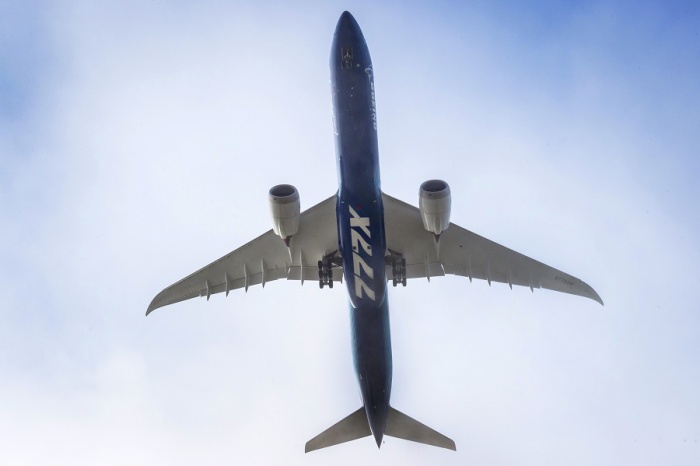
Boeing lays out plans for sustainable aviation
Boeing has laid out ambitions to advance the long-term sustainability of commercial aviation.
The company hopes to offer commercial planes which are capable and certified to fly on 100 per cent sustainable aviation fuels by 2030.
Boeing has previously conducted successful test flights replacing petroleum jet fuel with 100 per cent sustainable fuels to address the urgent challenge of climate change.
According to the Air Transport Action Group, United States Department of Energy and several other scientific studies, sustainable aviation fuels reduce CO2 emissions by up to 80 per cent over the life cycle of the fuel with the potential to reach 100 per cent in the future.
Today, sustainable aviation fuels are mixed directly with conventional jet fuel up to a 50/50 blend — the maximum allowed under current fuel specifications.
ADVERTISEMENT
In order to meet aviation’s commitment for reducing carbon emissions by 50 per cent from 2005 levels by 2050, planes need the capability to fly on 100 per cent sustainable aviation fuels well before 2050.
“Our industry and customers are committed to addressing climate change, and sustainable aviation fuels are the safest and most measurable solution to reduce aviation carbon emissions in the coming decades,” said Boeing Commercial Airplanes president, Stan Deal.
“We are committed to working with regulators, engine companies and other key stakeholders to ensure our planes and eventually our industry can fly entirely on sustainable jet fuels.”
Boeing’s commitment is to determine what changes are required for its current and future commercial planes to fly on 100 per cent sustainable fuels, and to work with regulatory authorities and across the industry to raise the blending limit for expanded use.
“With a long history of innovation in sustainable aviation fuels, certifying our family of planes to fly on 100 per cent sustainable fuels significantly advances Boeing’s deep commitment to innovate and operate to make the world better,” chief sustainability officer, Chris Raymond said.
“Sustainable aviation fuels are proven, used every day, and have the most immediate and greatest potential to reduce carbon emissions in the near and long term when we work together as an industry.”
Sustainable aviation fuels can be made from a wide variety of feedstocks, including non-edible plants, agricultural and forestry waste, non-recyclable household waste, industrial plant off-gassing and other sources.
Rival Airbus laid out plans for aircraft with hydrogen as a primary power source last year.

